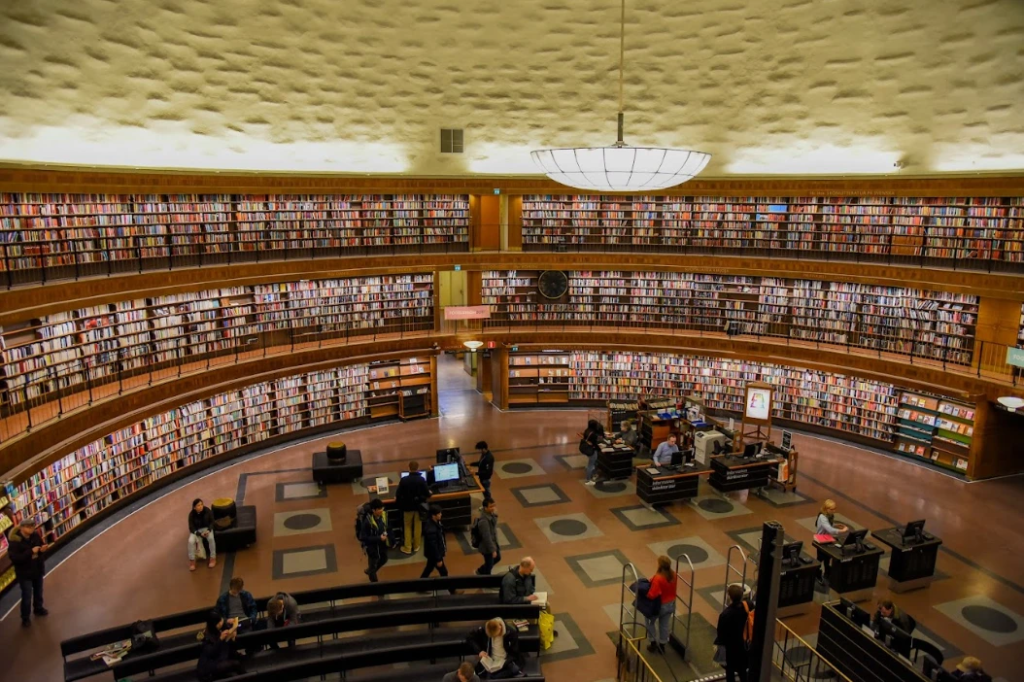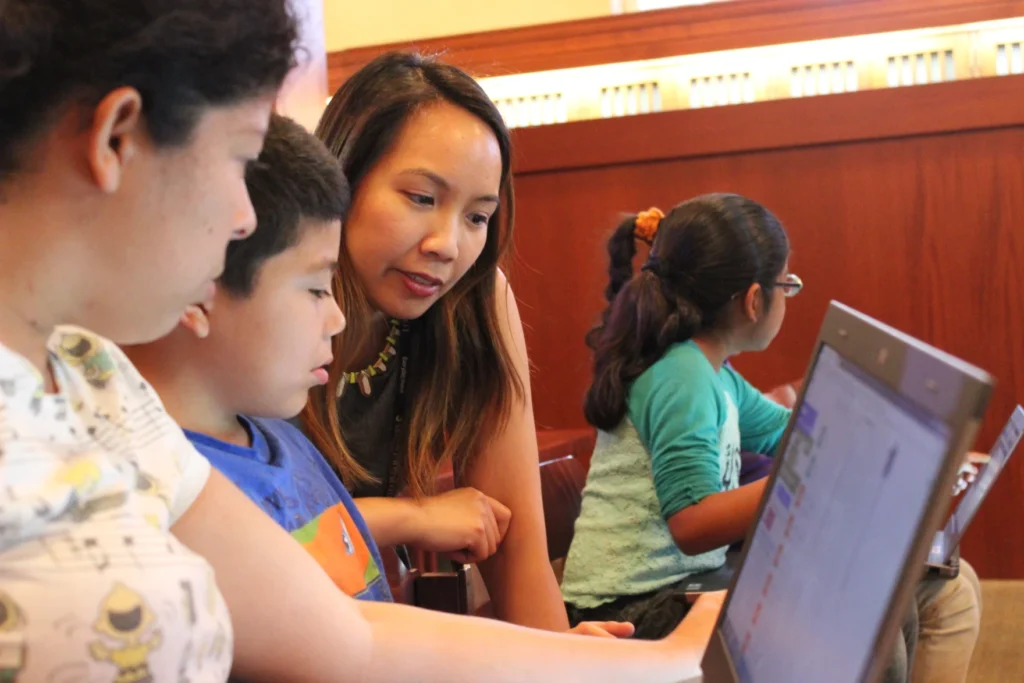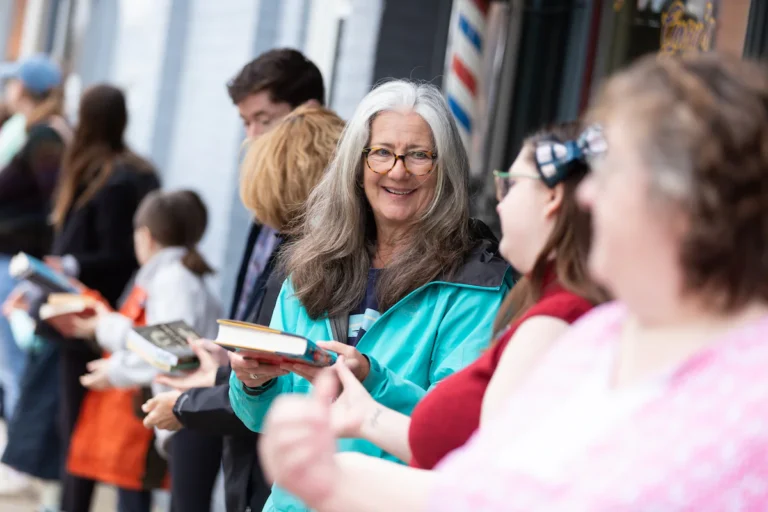Public libraries nowadays are more than simple book repositories. They serve as community hubs, with services and programs that benefit all.
Libraries are more than fancy storage facilities for ancient books; they often serve as a community pillar, supporting society from the bottom up.
History of Public Libraries
Libraries have existed pretty much as long as the written word has, with the earliest known librarian being from 2000 B.C. However, the first public libraries as we know them today – ones funded by the public, free for all to use – started around the 19th century. Until then, access to libraries often came attached to a membership or tuition fee. In other words, it was often limited to the wealthy or those of high status.
After the Industrial Revolution and as society as a whole became wealthier, people began to see value in making information easily accessible to all. Thus, they created public libraries. Not only could anyone access the library collections, but libraries made an effort to preserve books and other materials. Doing so helps create a record for future generations.

That’s not to say libraries have been stagnating these past 150 years. On the contrary, they are constantly evolving, adapting new services and updated facilities as time moves forward.
Centers of High-Quality Knowledge
Nowadays, people have access to near-limitless information right in their pockets and might disregard libraries’ traditional role as centers of knowledge and education. However, the trouble with the internet is twofold. One, vetting for online articles is sadly lacking. Some websites do fantastic fact-checking while remaining objective, but not all – not by a long shot. It can be difficult to determine which ones contain false or misleading information.
Two, the information you get online isn’t decided based on quality or objectivity; just the opposite. Algorithms and their inherent biases dictate what turns up in even the most innocent online search. Online, getting caught in echo chambers has almost become the norm. It takes active awareness on the user’s part to seek out unbiased sources and weigh information carefully.

While libraries aren’t guaranteed to have 100% accurate information every single time, they have the benefit of curation. Discerning librarians or the community as a whole vet books, newspapers, and other materials. This process exponentially increases the quality of information you have access to.
Preservation for the Future
One also shouldn’t discount the importance of having physical books. It’s scary to think how easily digital materials can be lost or altered. Even with that aside, digital formats and the technologies used to view them are constantly changing. The chances we will be able to view the same documents and websites of today with tech 100 years from now are slim to none.
On the other hand, physical records – despite being vulnerable to fire and other disasters – can persevere for centuries, even millennia. We know about Sumerian and Egyptian society because of the physical writing they left behind.

Programs for Those Most in Need
Books aren’t the only benefit that modern libraries offer. No matter where you go, you’ll find they offer a myriad of programs and events based on that specific community’s needs. General literacy and reading programs are common fare, but libraries don’t only care about book-related matters. Areas with a high immigrant population might provide free ESL classes. Meanwhile, those with a lot of young families might have events geared towards children or first-time parents.
Some libraries might even offer free 1-hour sessions to talk with a lawyer. This is crucial in poorer neighborhoods. After all, when money is in short supply, anyone would feel nervous approaching a lawyer – even when dealing with a serious legal issue.

As for why a library would (and should!) go so far… When you strengthen the weakest links in a chain, the chain as a whole becomes stronger and less likely to break. Similarly, when you support the most vulnerable members of the community, society as a whole improves.
Public Services for a Stronger Community
Even if you never make use of a single library program, they still have tons of useful services. Not only have many libraries broadened their collections to include audio recordings, digital materials, DVDs, CDs, and more, but many also have computers and free internet access. While getting online was once a luxury, now it’s essential for things like job searches. Many employers, for example, won’t even consider job candidates who walk in without first emailing their resume.
A few more modern libraries even offer Creator spaces with audio and video recording equipment and software. These typically have to be rented for a fee, but it’s considerably cheaper than a private facility.

Finally, there’s the plainly obvious, but surprisingly easiest to overlook: the library building itself. While private businesses keep a city’s economy alive, they leave little room for people to roam without shelling out cash. Sure, there are public parks, but that won’t suit every need. (Especially if it’s raining.)
Public libraries are one of the few places you can go without having to pay. Inside, you can find quiet reading and study spaces. It’s a perfect place for students to meet up for projects, or even to study independently. Many libraries also rent out meeting rooms, halls, and even stages at low cost for school events, clubs, and so on.
Join our community of 1.5M readers
Like this story? You'll love our free weekly magazine.








